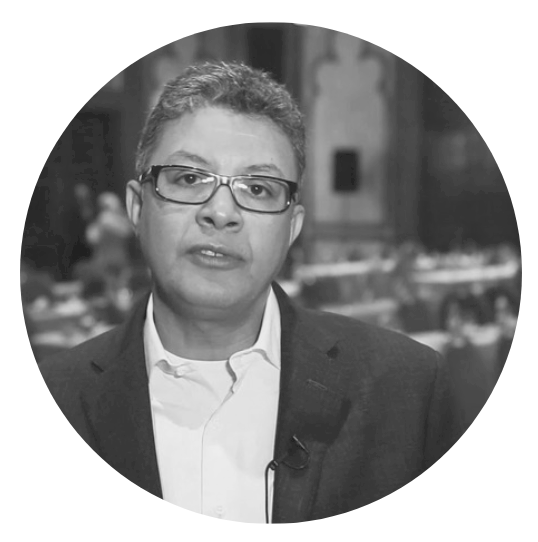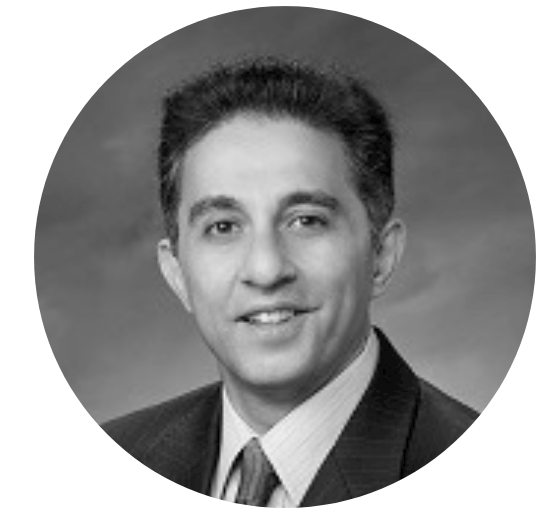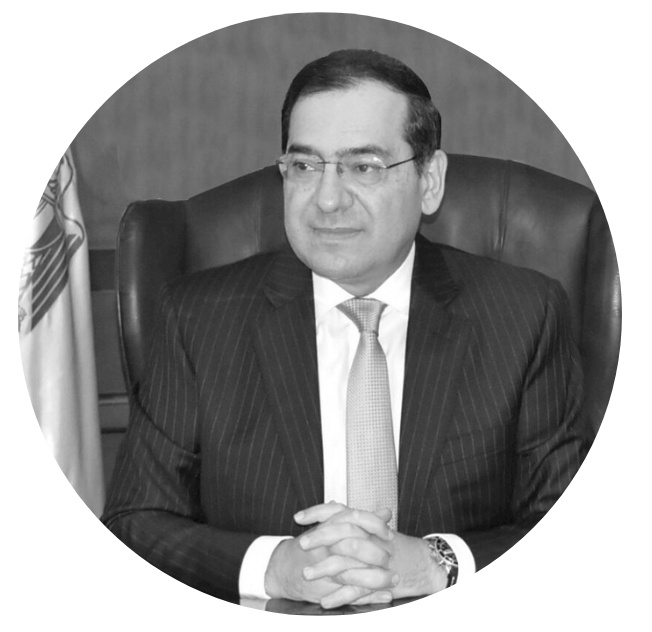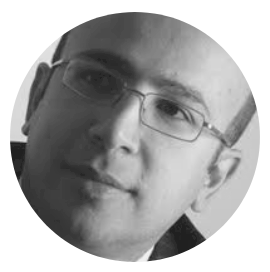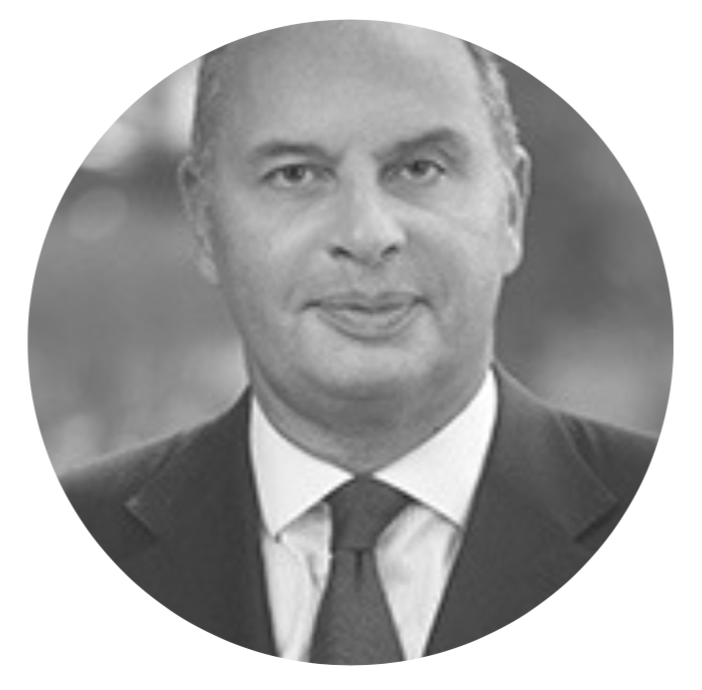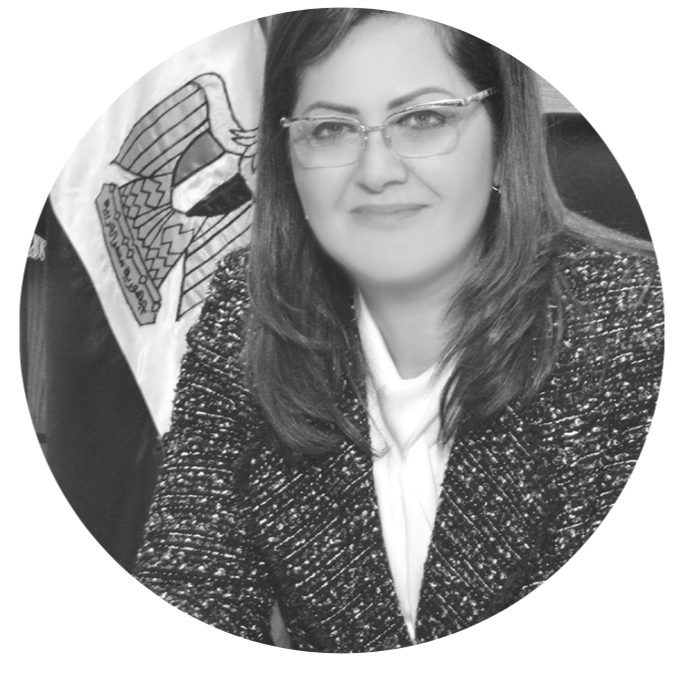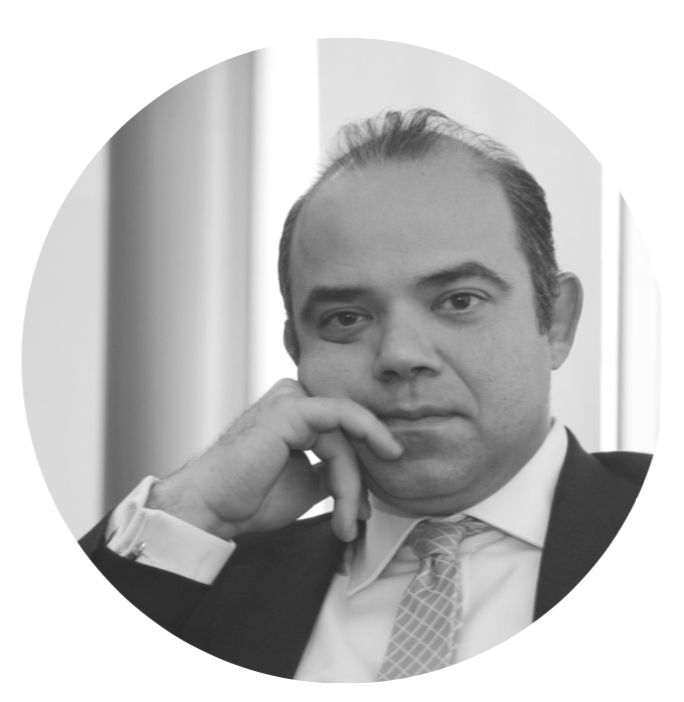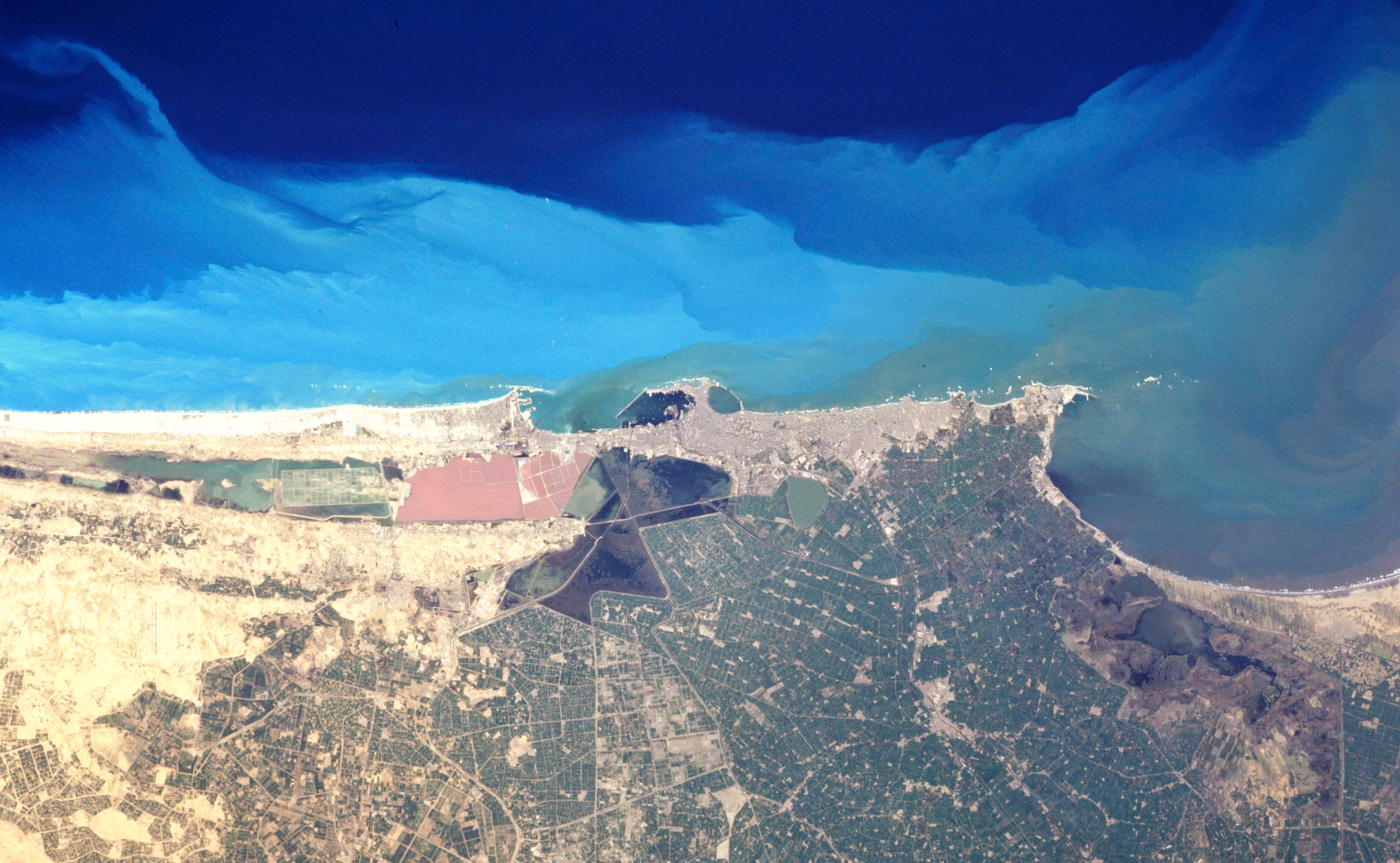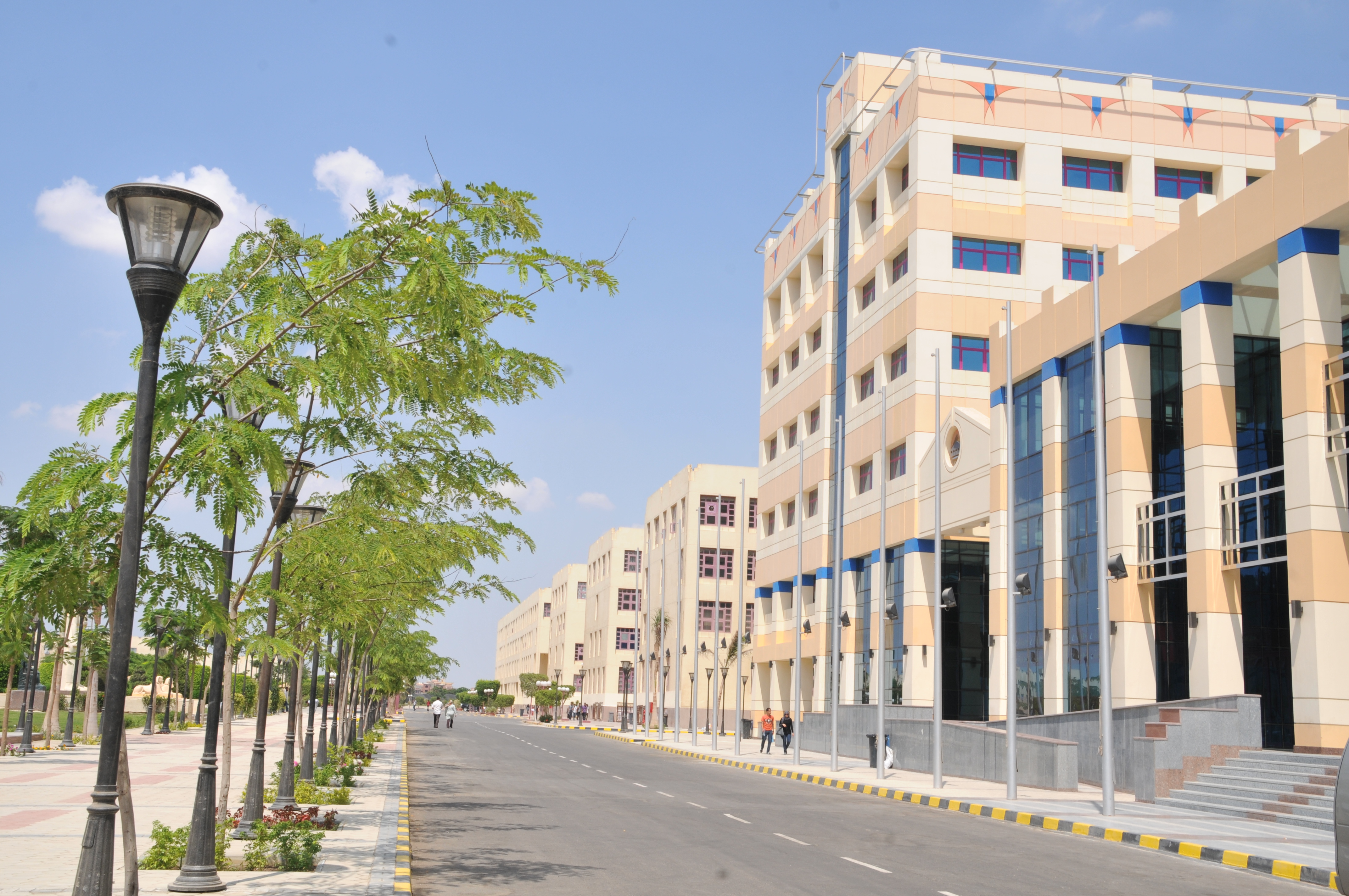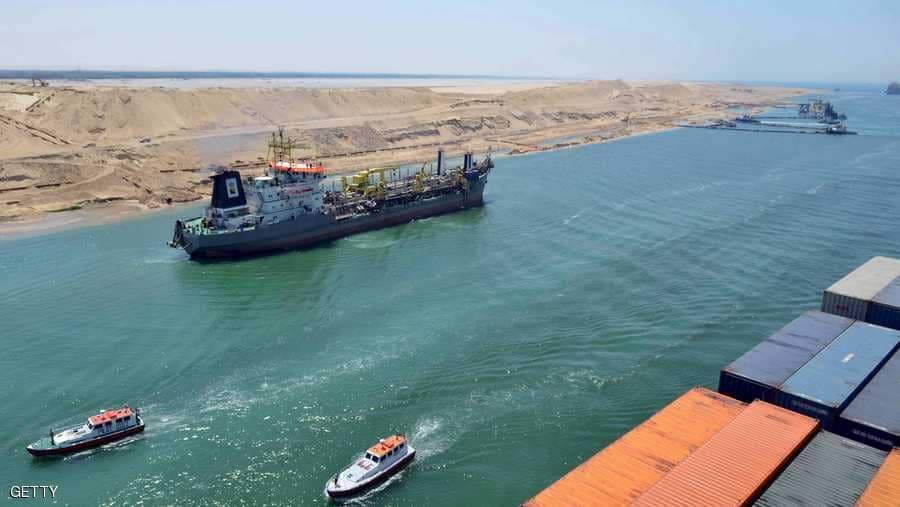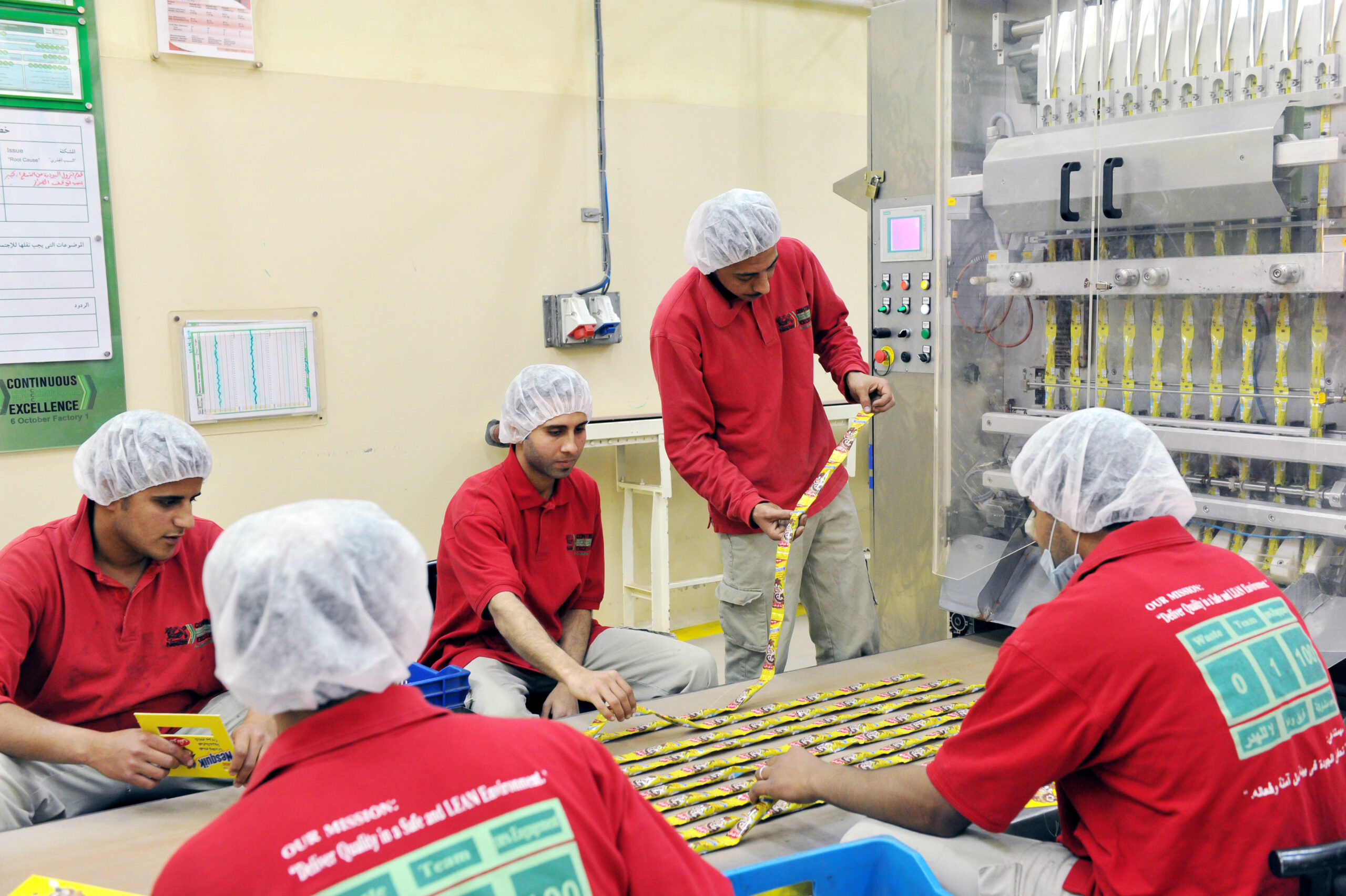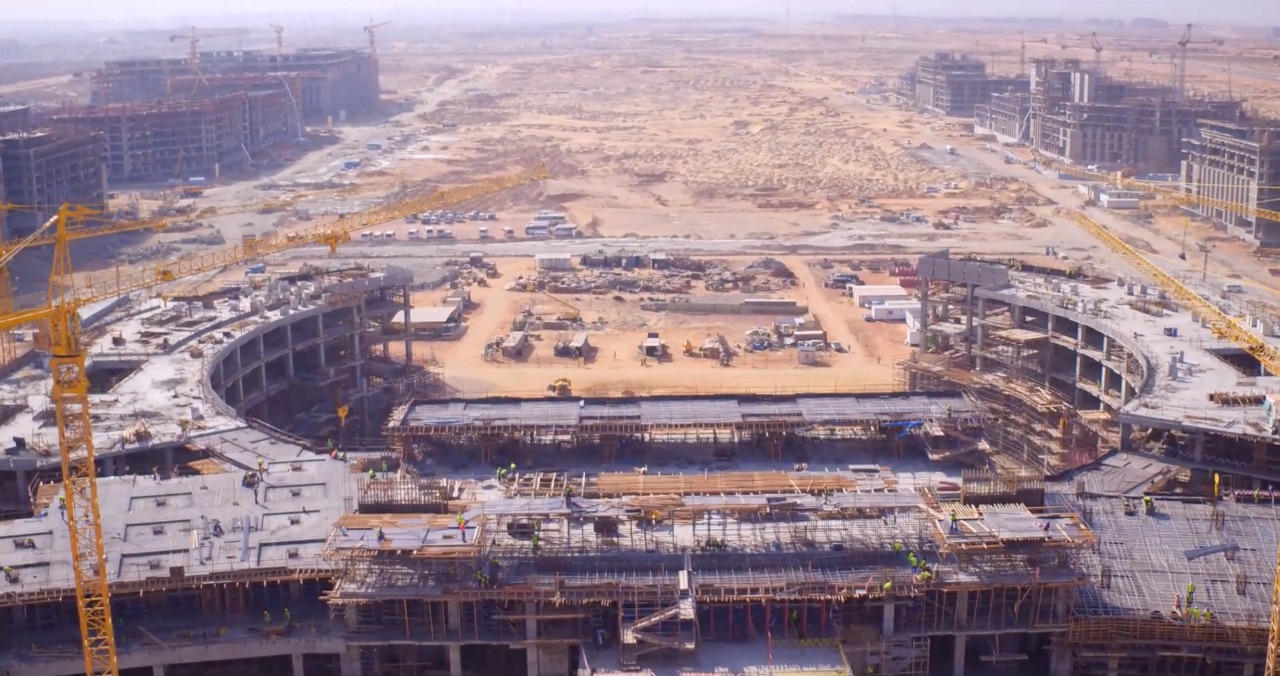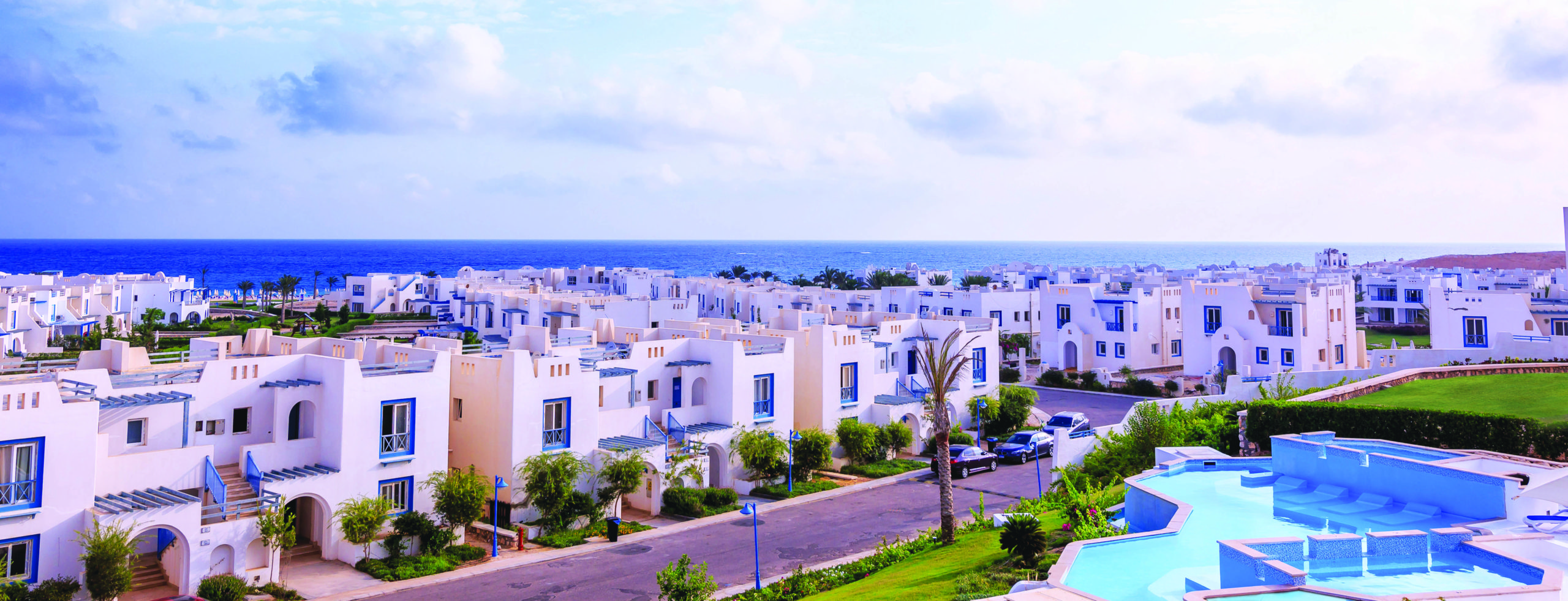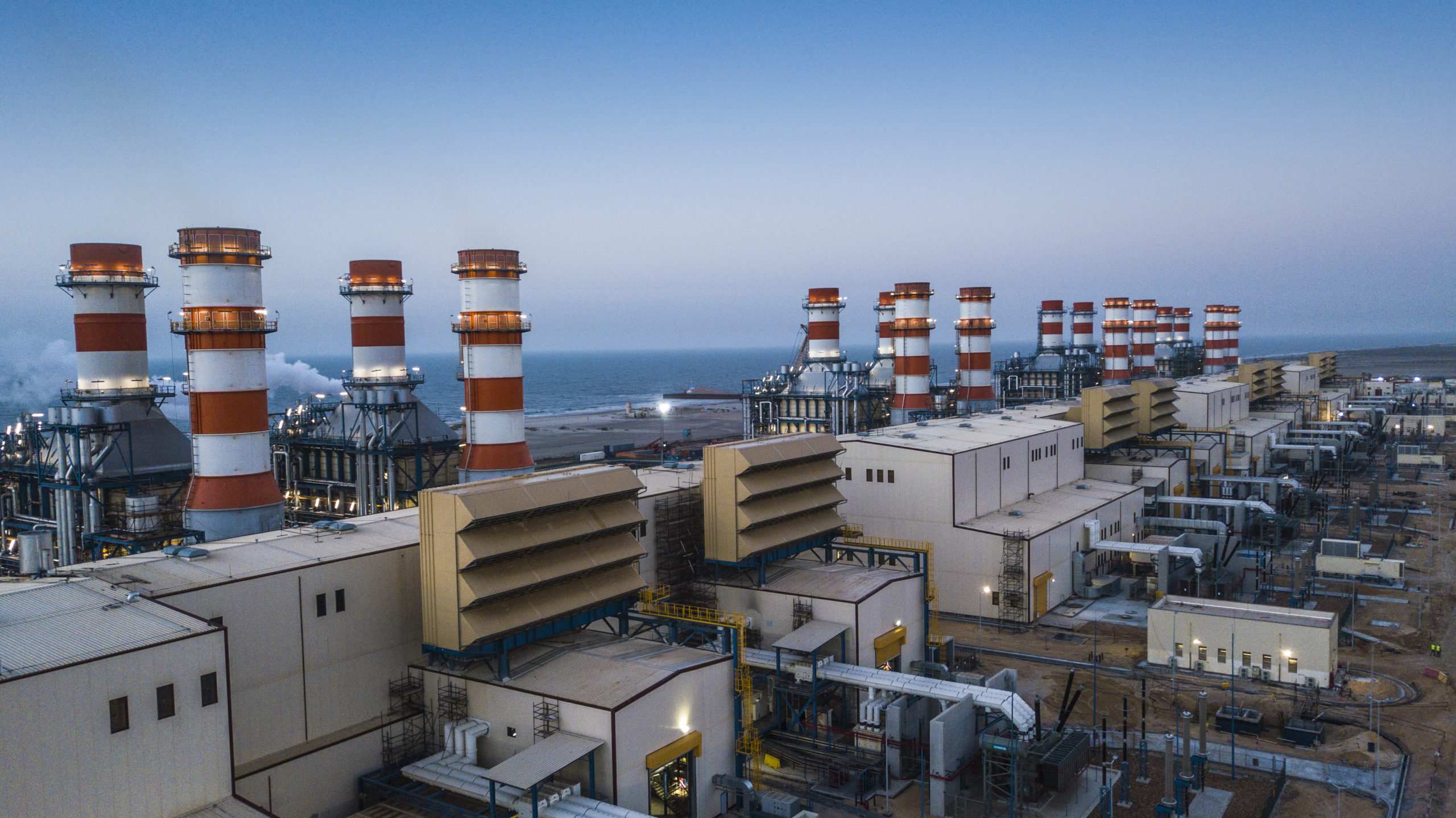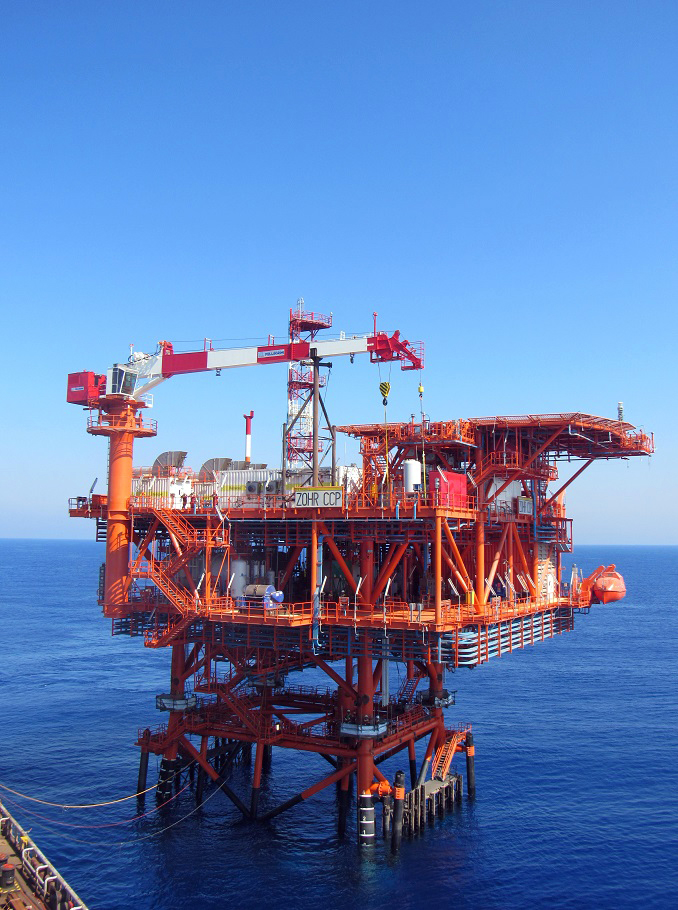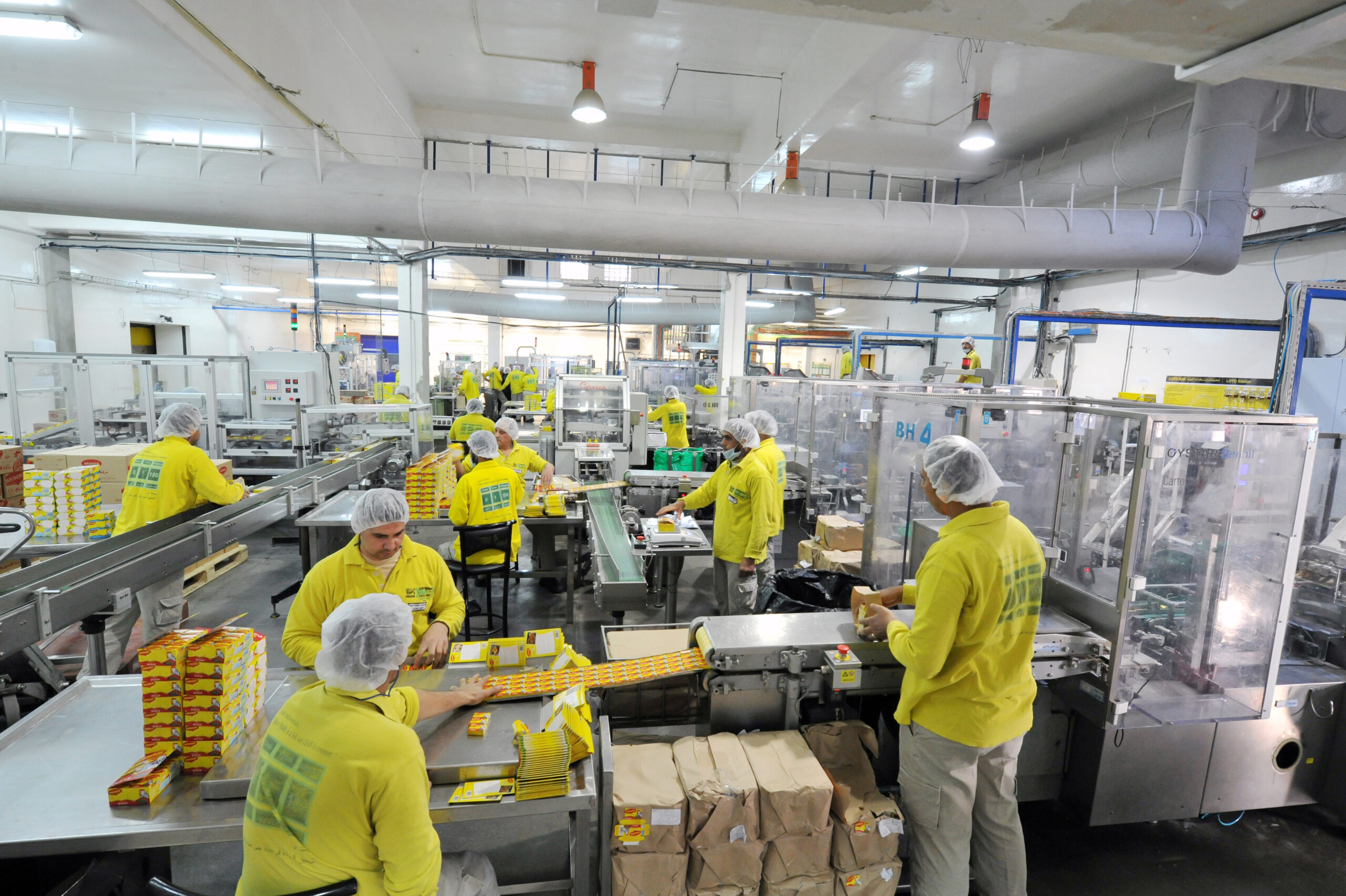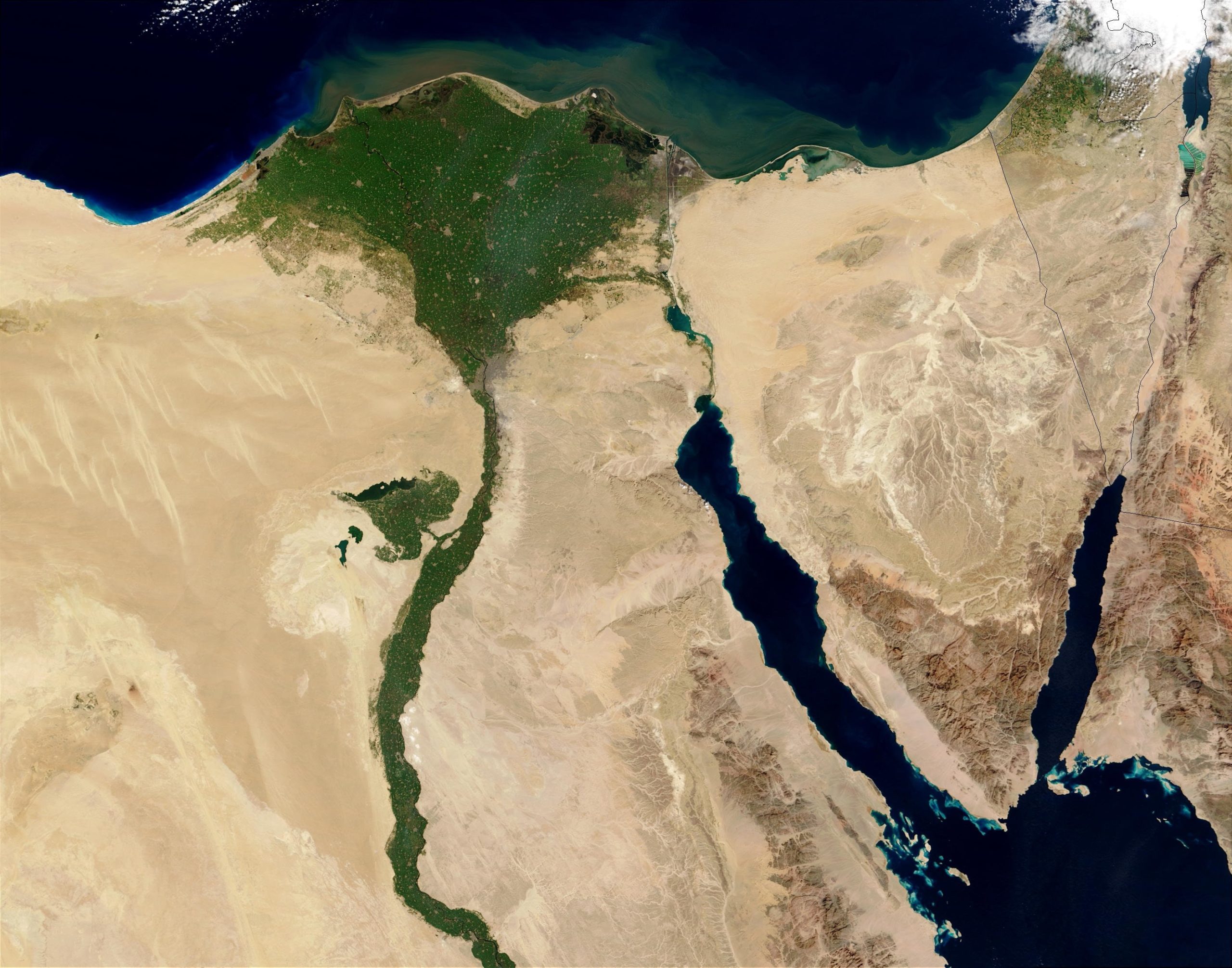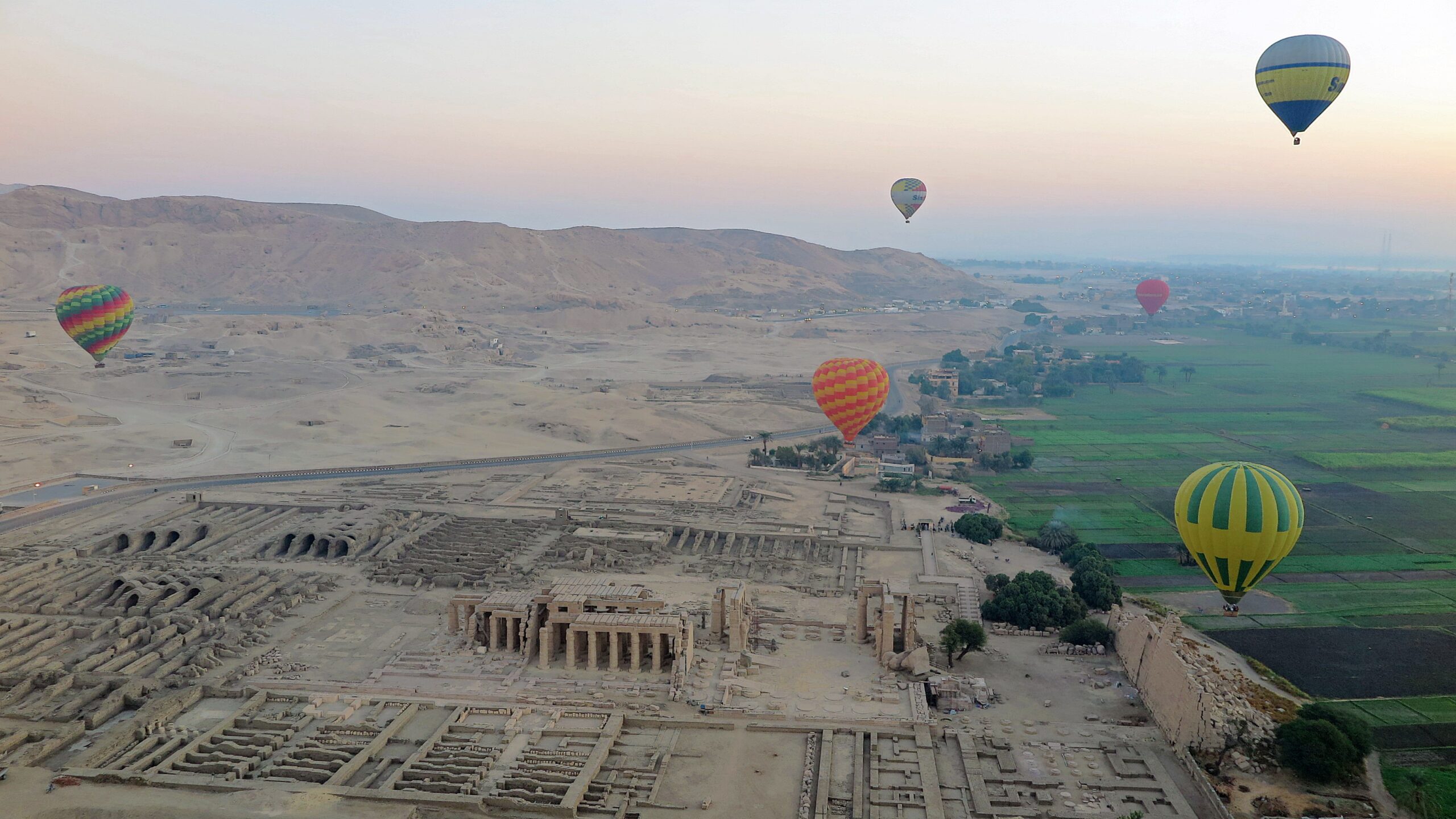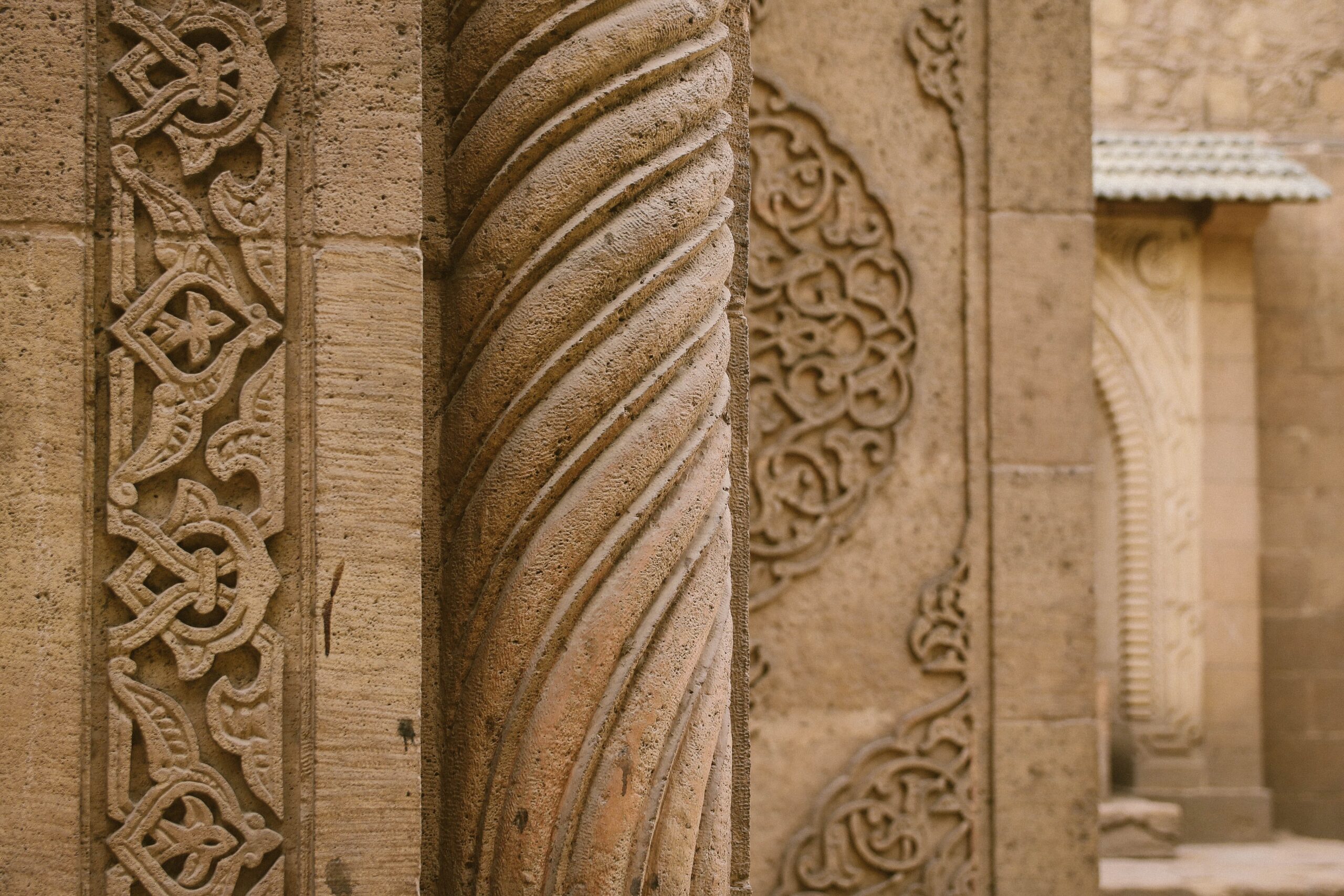Ireland’s First Technological University Breaks National Records With Infrastructure Development Project

TU Dublin University
Though it was officially established on January 1, 2019, Technological University Dublin (TU Dublin) is not a newcomer to Ireland’s educational landscape. Its history goes back to the Dublin School of Technology, a pioneering post-secondary institution established more than 130 years ago. Recently, TU Dublin has taken substantial steps towards improving its ability to serve students with the start of a massive infrastructure development project.
TU Dublin’s President, Professor David FitzPatrick, mentioned how the university’s mission is to support and encourage innovation while strengthening the economy of its home country. This goal is in keeping with Ireland’s long-standing focus on building the knowledge and skills of its citizens.
Professor FitzPatrick stated, “If you go back to the 1980s when unemployment was at its highest, the emphasis on human capital was based on making yourself as attractive as possible to an employer here or abroad – most often abroad. When I graduated with a bachelor’s degree in engineering in 1985, I was part of a class of 110 graduates, and less than 10 of these graduates stayed in Ireland. That demographic went everywhere, from Europe to the USA and further afield.
“Part of the reason why Ireland is so attractive to multinationals today is that many Irish people who went to the USA stayed there and reached influential positions in their organizations, and then returned to Ireland. Having led the way, they have gone on to recruit more people from Ireland. Our country has a strong export market of talent, and it is only in the relatively recent past that there has been equal competition between going abroad and staying here. But underpinning all that is the need for a strong educational framework.”
Supporting Personal and Economic Growth in Ireland
As Ireland’s first technological university, TU Dublin focuses on helping people become valuable members of the national and international workforce. The school maintains five campuses, including three in Dublin; together, these campuses serve 29,700 students. Ninety-three percent of TU Dublin graduates have either found employment or taken the next step in their education within nine months of leaving the university. Along with its role as an educational facility, the university plays a pivotal role in Irish research, engagement, and business incubation. More than 400 sustainable businesses, with a combined economic value of nearly EUR 700 million, have been established thanks to TU Dublin.
Many students at TU Dublin are involved in STEM fields – science, technology, engineering, and mathematics. However, the college has a great deal to offer for students focusing on other disciplines with its well-respected programs in creative and performing arts, business, media, and culinary arts.
The Future Of TU Dublin
Currently, TU Dublin is working to create a new, cutting-edge campus in the heart of Dublin. The development process for this project took more than a decade to complete. With an estimated cost of EUR 500 million, it is the single largest higher education investment in Irish history.
According to Professor FitzPatrick, the first phase of the project is nearing completion. He stated, “At the end of March 2021, we took occupancy of the first two major buildings on our new campus. Further progress has been delayed due to the COVID-19 pandemic, but in September, we hope to move about 10,000 students from three different venues around the city center into our new campus environment. This will mark the first major phase of our new campus development process, and the successful completion of those buildings despite the pandemic is a very significant milestone for us.”
The buildings included in this phase are TU Dublin’s East Quad (home to its performing arts and media programs) and Central Quad (where the university’s science and culinary arts programs are based, along with some engineering classes). These two buildings alone represent an investment of approximately EUR 300 million.
As his university looks towards the future, Professor FitzPatrick said Ireland as a whole has done the same. He added, “Ireland has always been outward-looking, and we have always sought to collaborate. Our scale and size makes it easy for us to connect and work with each other on a national level. But our focus has always been overseas, and the opportunity to continue building and developing links with universities and industry partners is something that Ireland is serious about. That is a fundamental part of our future, and we see those elements as being firmly linked.”

